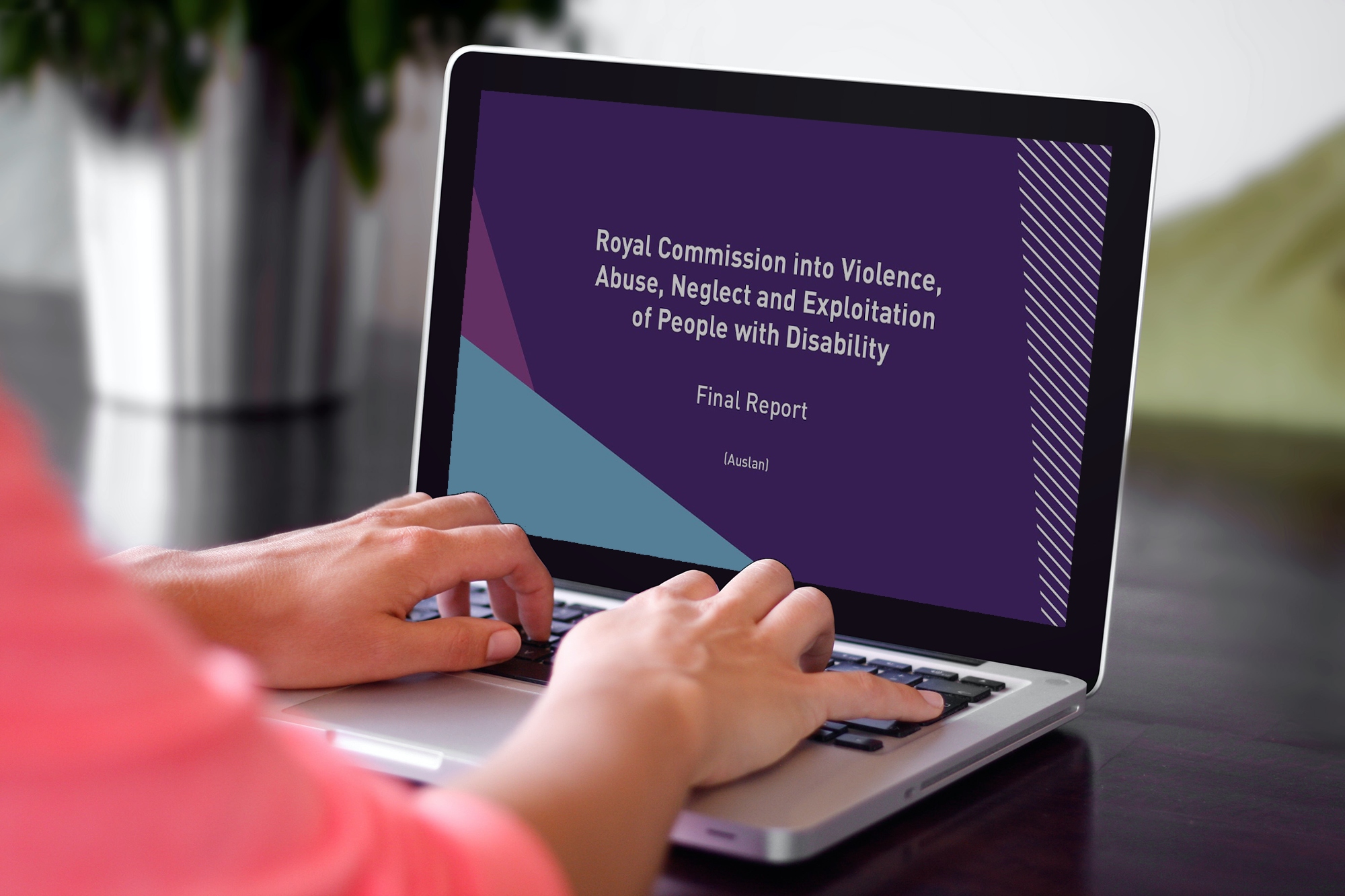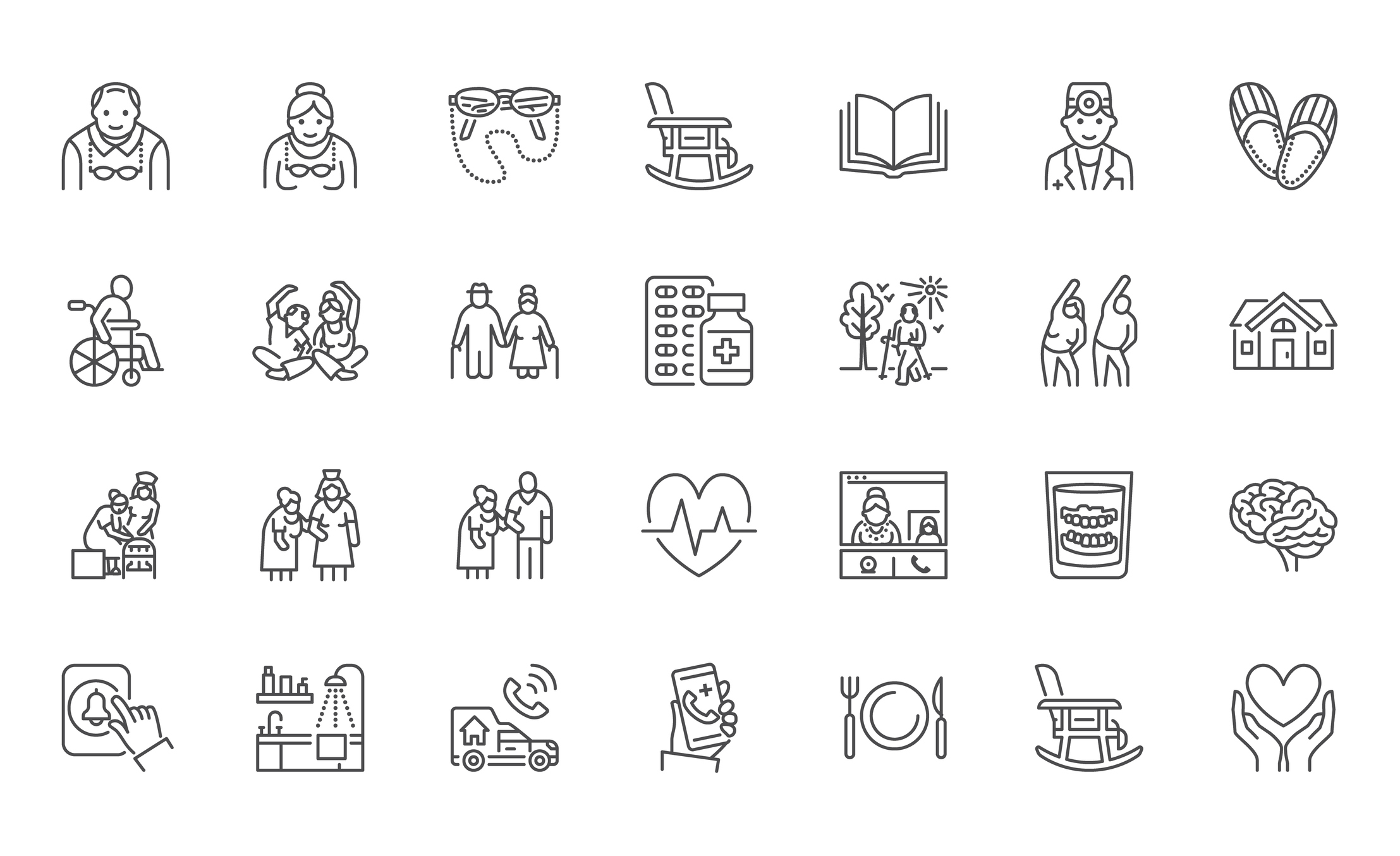Welcome to our third update on some of the recommendations contained in the Final Report of the Royal Commission into Aged Care Quality and Safety. Today’s update will highlight the Royal Commission’s specific concerns related to culturally safe aged care for Aboriginal and Torres Strait Islander people.
The Final Report’s Executive Summary states that Aboriginal and Torres Strait Islander people do not currently consistently receive culturally safe services, and this is an area that requires focus:
“Aboriginal and Torres Strait Islander people who require aged care should be embraced by an aged care system that shows respect for their cultures and heritage.
“The current aged care system does not ensure culturally safe care for Aboriginal and Torres Strait Islander people. Unless things change, it will be unable to meet the growth in demand that will accompany the increase in the eligible population.”
Recommendations 47, 48, 49, 50 and 51 all focus on prioritising the delivery of culturally safe care to Aboriginal and Torres Strait Islander people who require aged care. Key themes include:
- Maximising their ongoing connection to community and country, through the delivery of services at the regional and local level wherever possible, and by workers who are trained in culturally respectful, safe and trauma-informed care;
- Seeking closer engagement and levels of trust between care providers and local Aboriginal and Torres Straits Islander communities;
- Ensuring accessibility to needs-based, tailored and flexible aged care for Aboriginal and Torres Strait Islander people
- Prioritising Aboriginal and Torres Strait Islander organisations as aged care providers; and
- Increasing the training and employment of Aboriginal and Torres Strait Islander people in aged care services roles.
Maintaining connection with community and country was highlighted as an area of importance for Aboriginal and Torres Strait Islander aged care consumers. The final report recommended that consumers be supported to maintain their connections through travel, engagement with community and, where possible, receiving services on country.
Trauma-Informed Care for Aboriginal and Torres Strait Islander People
In addition to the MHCC’s Trauma-informed Care and Practice Organisational Toolkit (TICPOT) that we mentioned in our last post, they also offer a course developed and delivered by Aboriginal people for workers who support Aboriginal people impacted by trauma.
The Healing Foundation
Providers may also wish to consider some of the specialised resources on the Healing Foundation’s website. The Healing Foundation “is a national Aboriginal and Torres Strait Islander organisation that partners with communities to address the ongoing trauma caused by actions like the forced removal of children from their families.”
In particular, take a look at their fact sheet on providing effective aged care services to Stolen Generations survivors. It is an excellent resource to help providers and their staff understand the trauma and challenges lived by Aboriginal and Torres Strait Islander people, and how to provide them with care which is sensitive to their needs.
Along with the fact sheet, the Healing Foundation has also published a helpful two-page summary action plan to help providers ensure their services meet the needs of Aboriginal and Torres Strait Islander people.
Diversity Action Plan
To help you consider the issues raised in the Royal Commission’s recommendations, a great place to start is the Diversity Action Plan: Older Aboriginal and Torres Strait Islander People self-assessment in SPP. The self-assessment will help you to ensure your processes are aligned with best practice, and give you a means by which to benchmark your progress against three levels of actions: Foundational, Next Steps and Leading the Way.
For more background on the Department of Health’s Diversity Action Plans, take a look at our earlier post.
Inclusive Service Standards
As we noted in our last post, another helpful SPP self-assessment for aged care providers is for the Inclusive Service Standards. Developed by the Centre for Cultural Diversity in Ageing, the Inclusive Service Standards are a helpful resource for ensuring that your services are individualised, and that culturally safe service delivery is embedded in the governance of your organisation.


